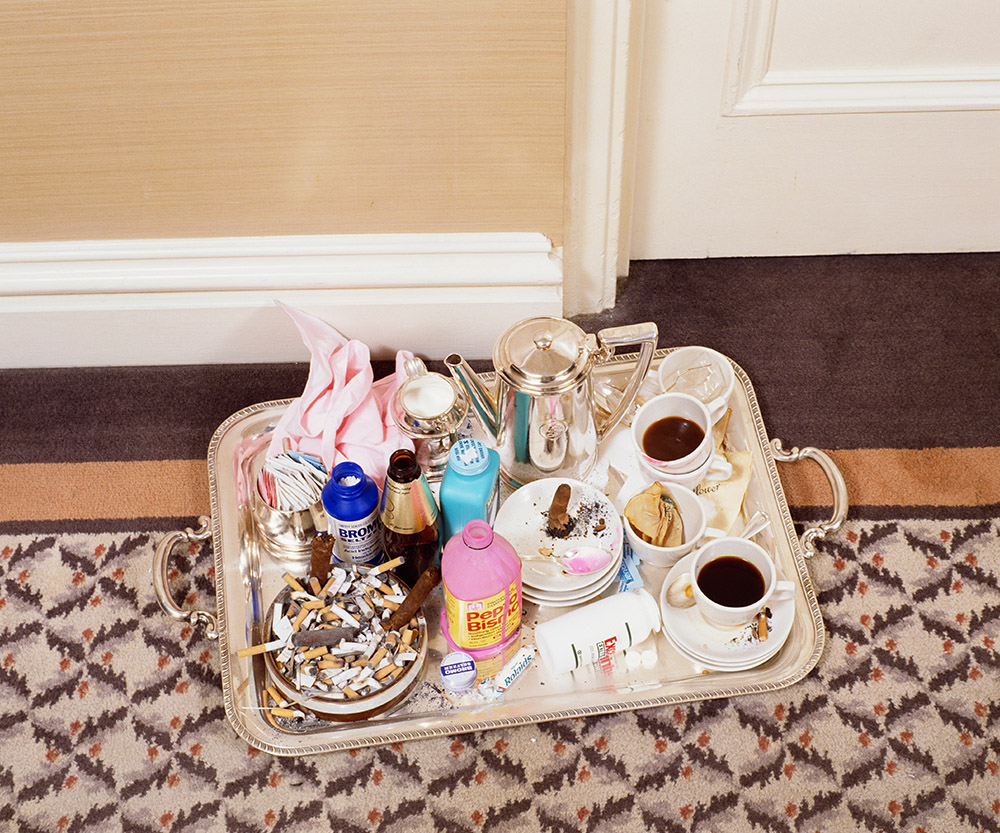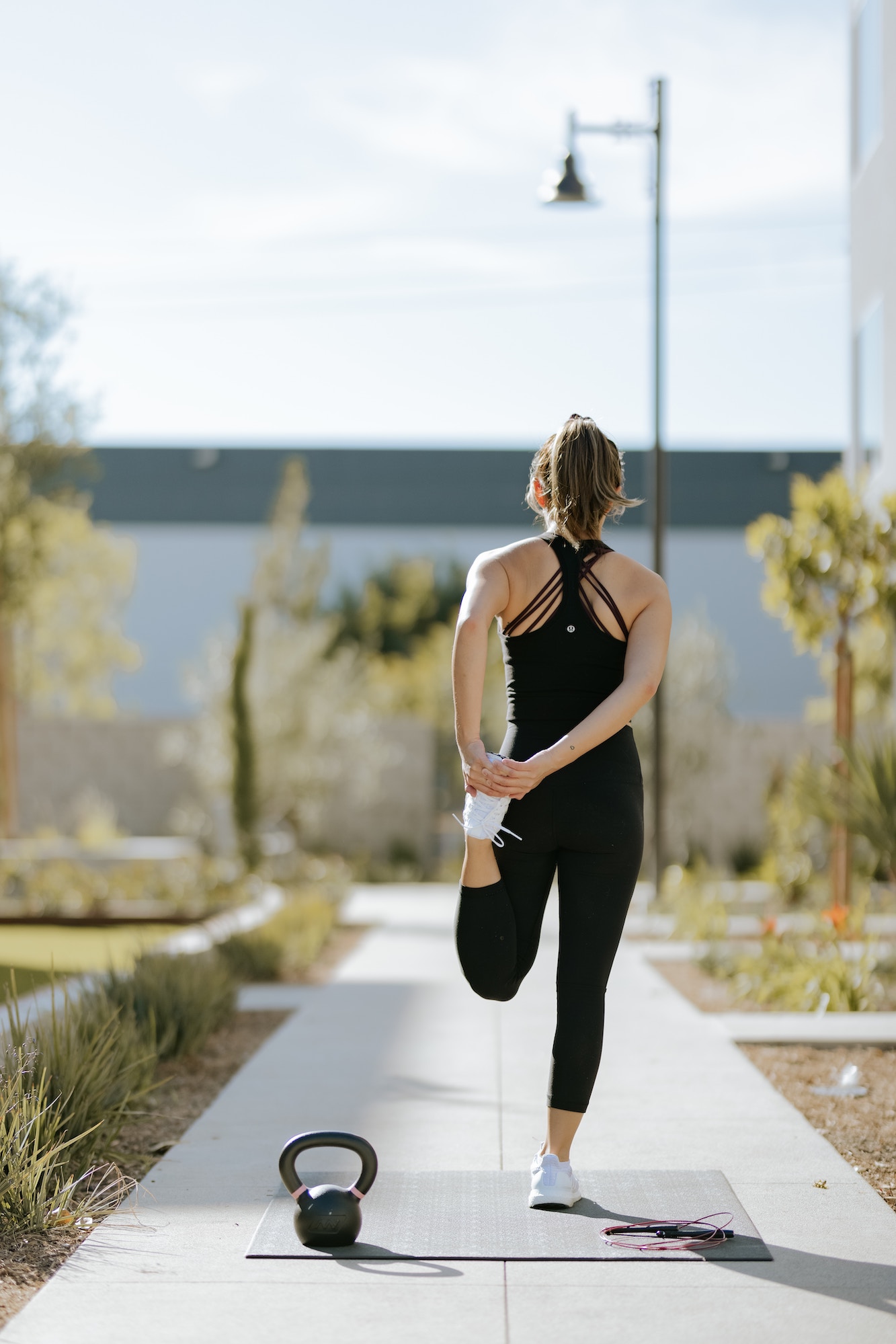
Are your hangovers accompanied by crippling anxiety? You might be a “hangxiety” sufferer.
The jolt awake happens at around 5.30am. Maybe you’ve been out partying; maybe a glass of wine over dinner turned to a few; maybe a few extra beers were needed to endure the office awards night. Whatever the reason, you’ve had a few. And this time, the wake-up call comes with company – a dose of panic and guilt at the pit of your stomach.
Sound familiar? Welcome! You may be suffering from hangxiety.
For some, the feeling of anxiety following a long night’s drinking is probably warranted. In last night’s state of disinhibition you may have accumulated your fair share of foolish conversations, lost memories, exes texted or other errors of judgement.
For others, anxiety following drinking isn’t due to hazy recollections of bad behaviour. You might wake up with a feeling of terror in the pit of your stomach, clear memories, and no concrete reason to feel so bad. If that’s your experience of post-party paranoia, there’s a chemical cause.
Known as hangxiety, booze-anoia, or simply “the guilts”, here’s what you need to know:
Why am I feeling so tortured?
As we’ve said, sometimes a case of the post-drinking terrors is a result of simple bad behaviour, and for that you’ve got nowhere to lay the blame but your own dancefloor-blistered feet. But as the dregs of last night’s G&T circles your veins, there’s also a lot happening at a chemical level.
Ironically, alcohol can actually alleviate anxiety in the short term, by suppressing cortisol. That’s why it’s often our social lubricant of choice. But as your body works to rid itself of alcohol, it releases a large dose of cortisol and adrenalin. These “stress hormones” are what cause key symptoms of a panic attack: a racing heart, stomach cramping, cold skin, and the feeling that you can’t form a clear thought. When adrenaline levels ease back, after-effects of the hormone can include nausea, vomiting, loss of vision and memory, diarrhoea and hearing loss.
I thought a hangover was just dehydration!
That’s true too – all this is exacerbated by the symptoms of dehydration, which can contribute to a higher heart rate, lightheadedness, dizziness and nausea.
And on top of that, alcohol limits the production of feel-good neurotransmitter serotonin. Similarly to the cortisol effect, alcohol boosts serotonin in the short term (while you’re drinking) but heavy use depletes it as time goes on. The following day, if your serotonin levels haven’t recovered, it could exacerbate feelings of sadness or depression.
So far, so awful. So how can I prevent it?
As with basically all advice-columns about hangovers, the real answer is simply to drink less. But if you’re determined to have a few, the dehydration-related anxiety symptoms is the easiest aspect of this to prevent and treat. Try to alternate every alcoholic beverage with a glass of water, which should also help chill out the number of drinks you consume overall.
For some people, the realisation that their anxiety might be stemming from a chemical cause can be enough to feel a little calmer.
So it’s all chemical! I can relax!
If you’re suffering frequent memory lapses, blackouts, or damaging your relationships as a result of drinking, you may have a larger issue to worry about.
According to the Ministry of Health, one in five New Zealanders aged 15 years plus who’ve drunk in the past year has a potentially hazardous drinking pattern. Around one-third of all police apprehensions involve alcohol. If you’re frequently experiencing alcohol-related anxiety, or are concerned your alcohol use is impacting your mental and emotional health, consider getting some help:
Healthline: 0800 611 116.
Alcohol and Drug Helpline: 0800 787 797.
Alcoholics Anonymous NZ: 0800 229 6757
Or, if you’ve been experiencing anxiety or panic attacks and want to talk about it:
Lifeline: 0800 543 354
Suicide Crisis Helpline: 0508 828 865 / 0508 TAUTOKO
Depression Helpline: 0800 111 757
Samaritans: 0800 726 666
Youthline: 0800 376 633 or email talk@youthline.co.nz
Photos: Getty Images
This article was originally published by RNZ’s The Wireless via NowtoLove.co.nz.





